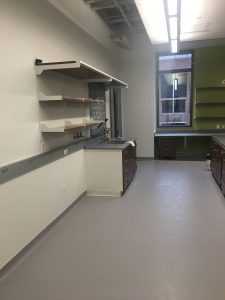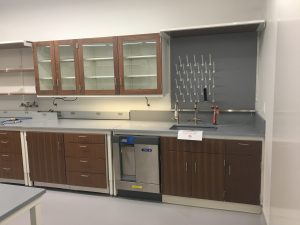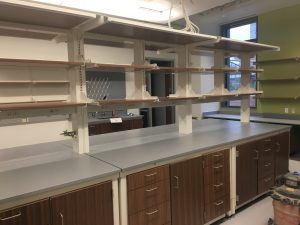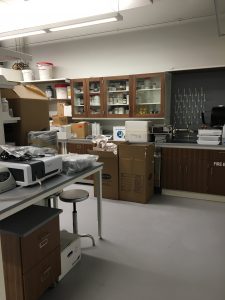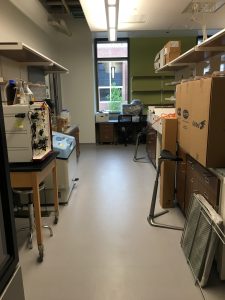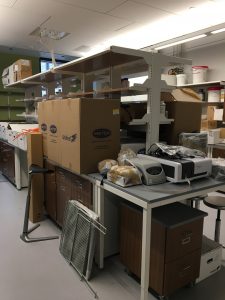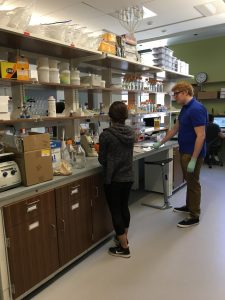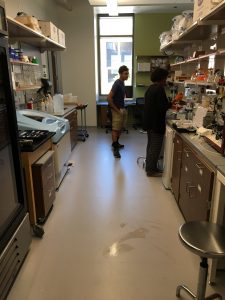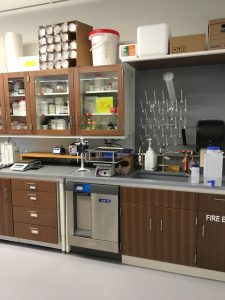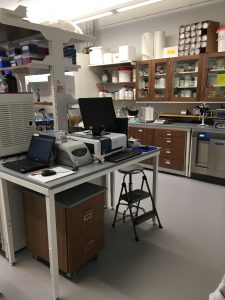
We are engaged in an arms race with pathogens. And we’re losing. Just as quickly as we can develop new antibiotics or antiviral treatments, resistant strains emerge – often within the year. Evolution, it turns out, doesn’t always take eons. In fact, we are watching microbes evolve in real time in clinics, on farms and in the natural environment, which gives us the opportunity to both study how evolution occurs on short timescales and learn how to combat drug resistance.
My lab studies how drug resistance evolves at the molecular level with a particular focus on protein stability. Many forms of drug resistance depend upon a small number of mutations that result in changes to a protein’s amino acid sequence. By investigating how these changes affect protein structure, stability and function, we can begin to understand how evolution works at the molecular level and leverage these insights to inform the design and implementation of new drug treatments.
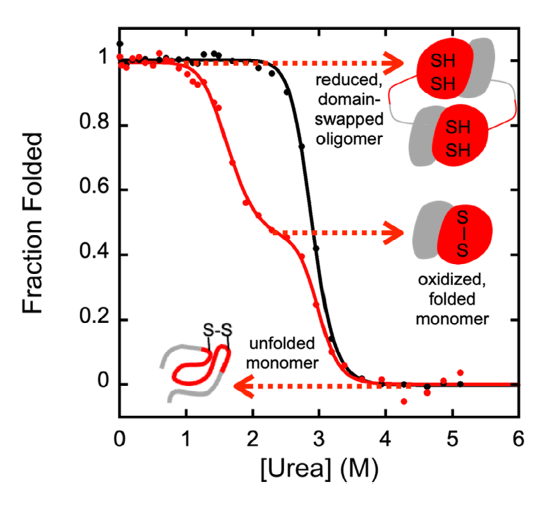

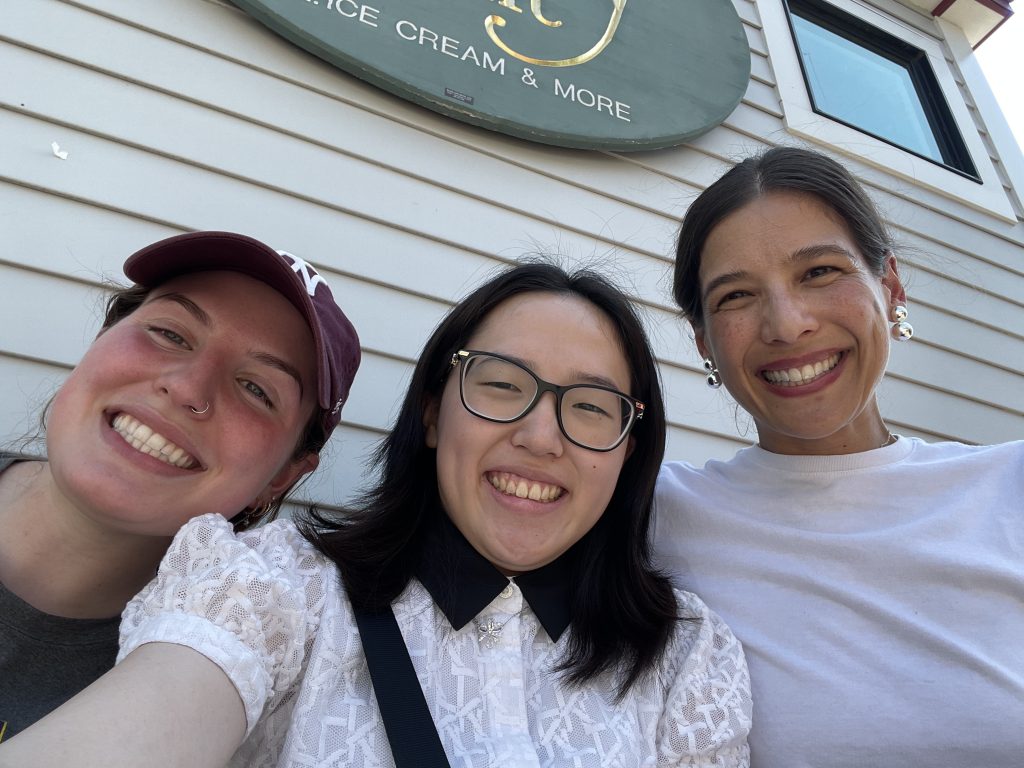
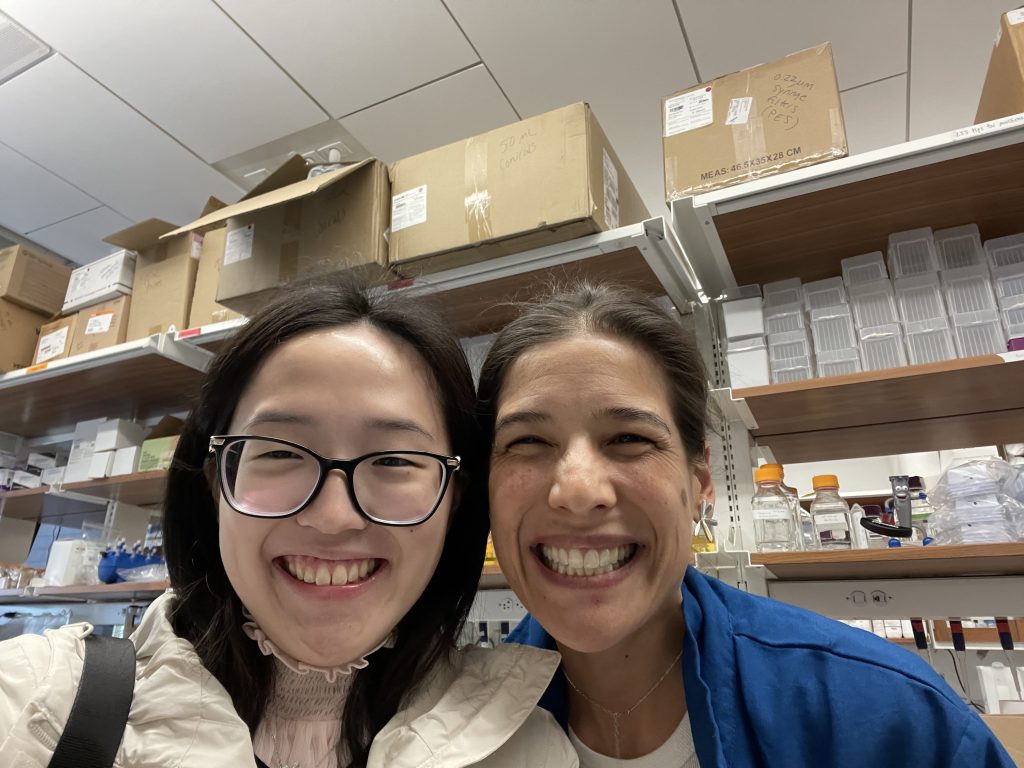
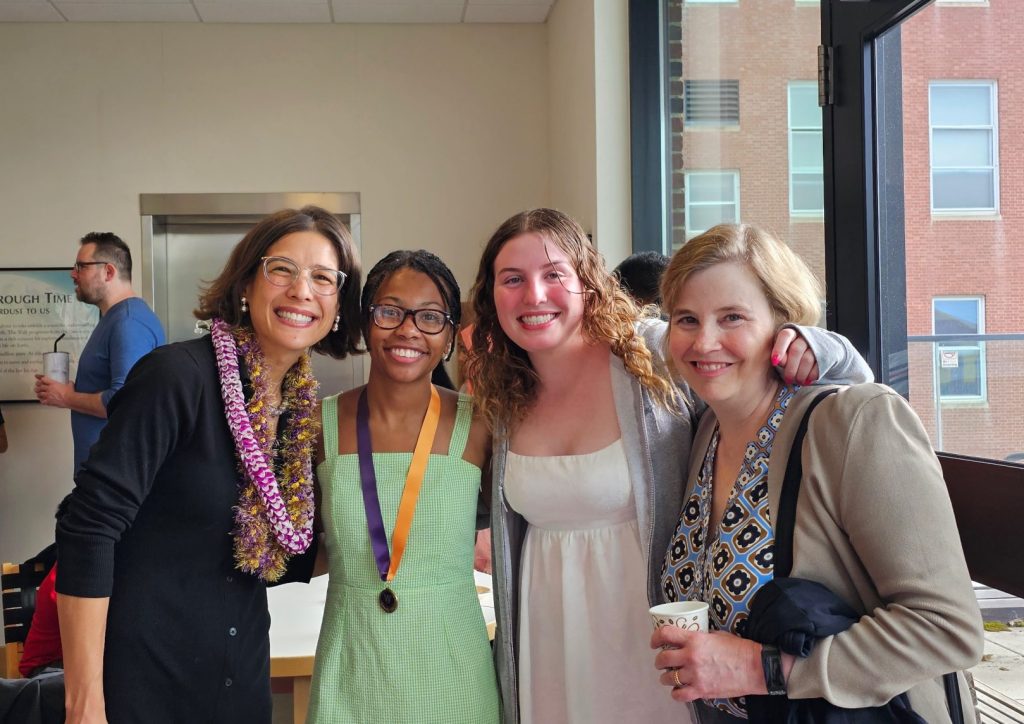
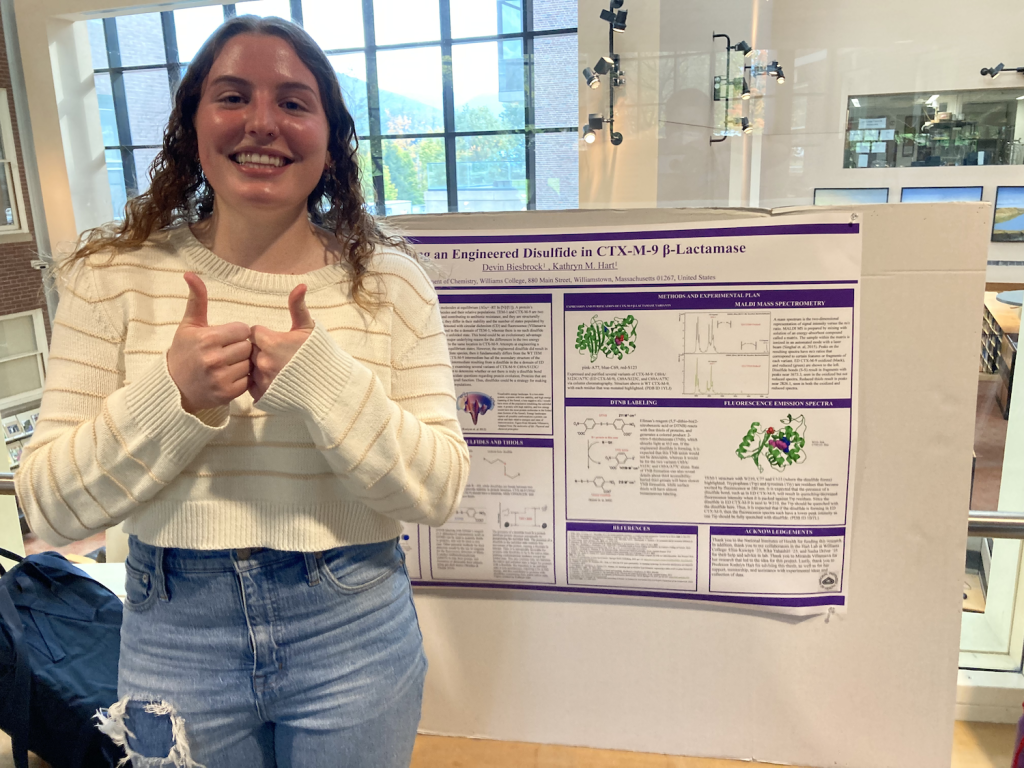
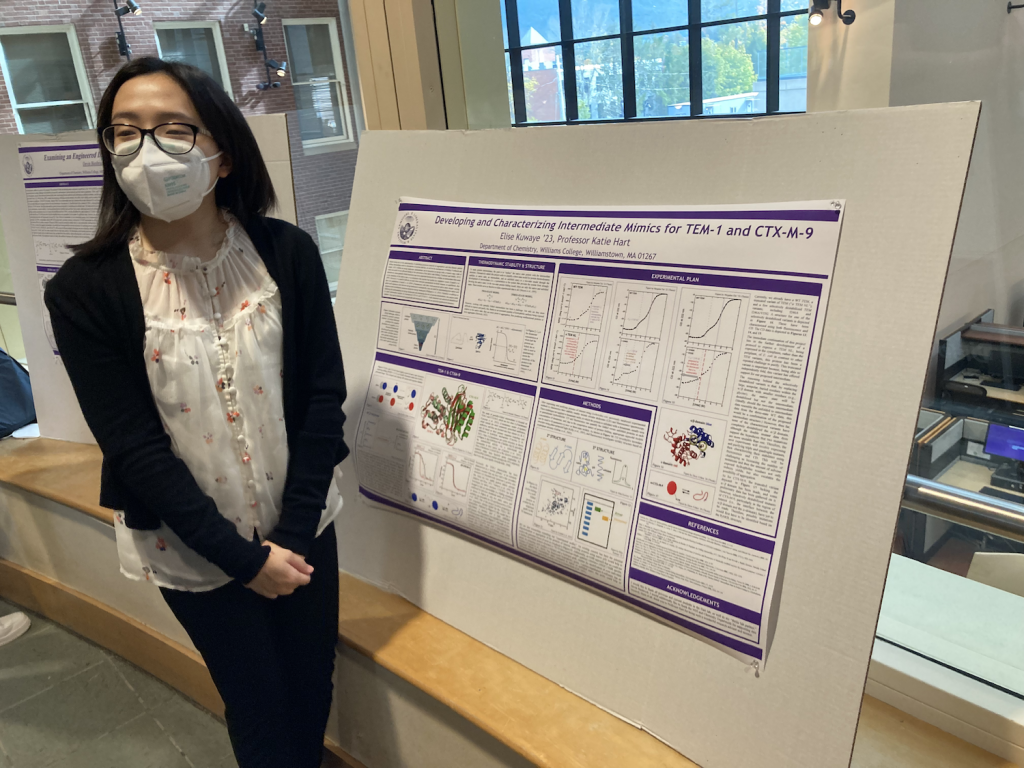
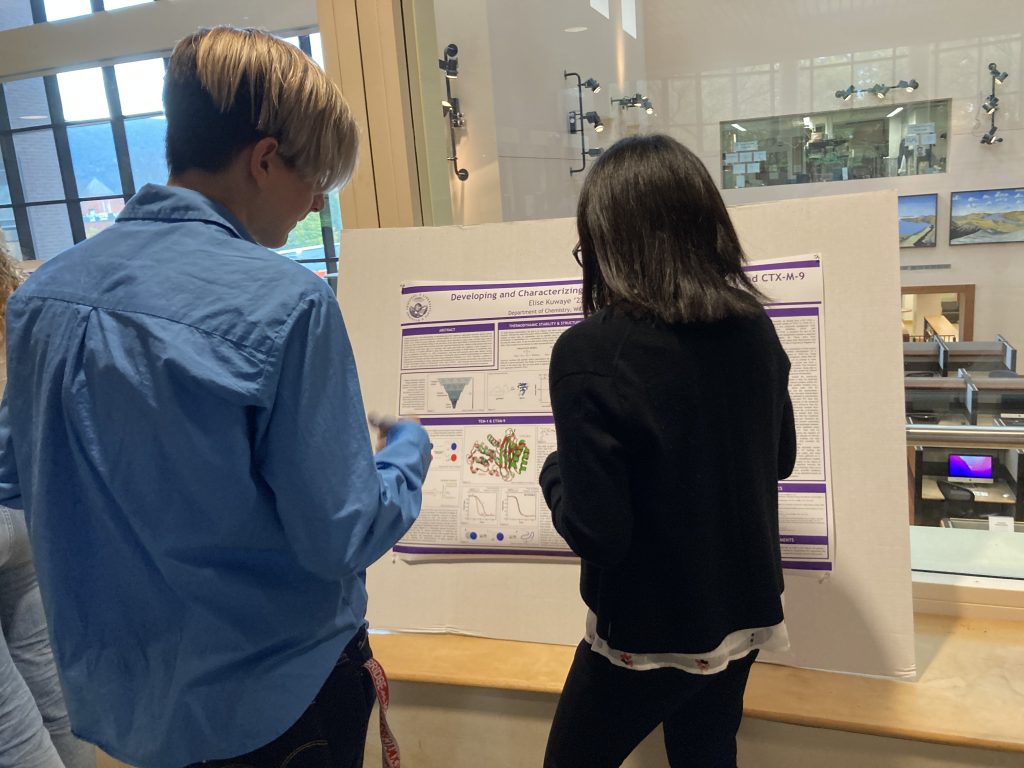 Elise fielding questions from an ever-enthusiastic Professor Christau.
Elise fielding questions from an ever-enthusiastic Professor Christau.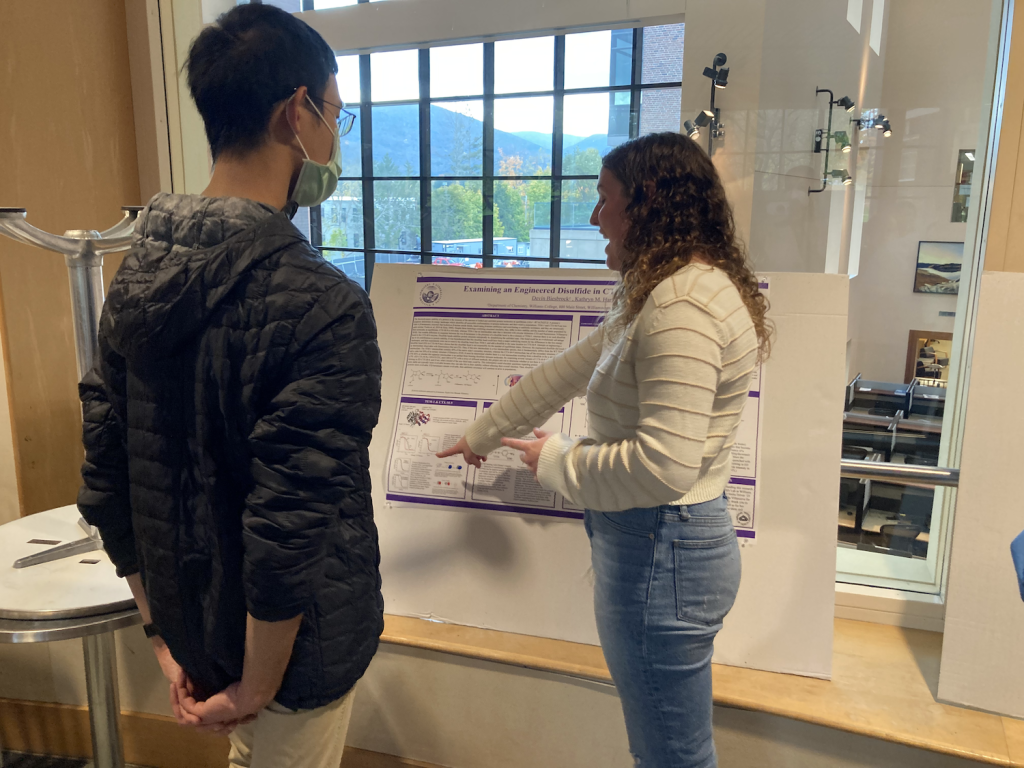 Devin mastering her spiel the millionth time through. Way to keep up the energy!
Devin mastering her spiel the millionth time through. Way to keep up the energy!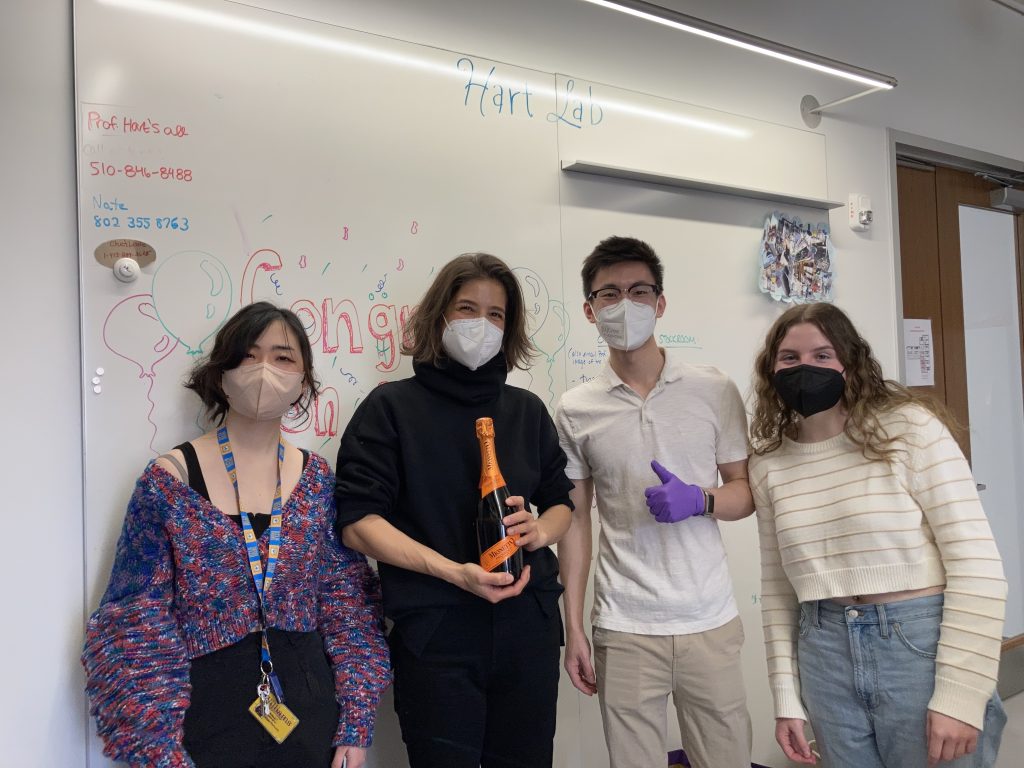
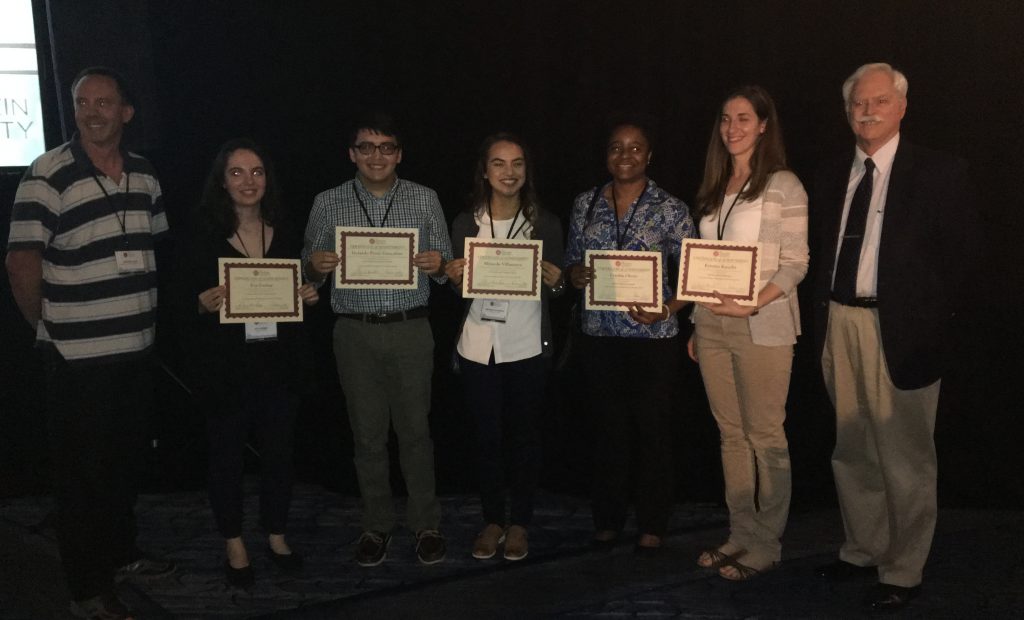 Miranda (fourth from left) and Cynthia (fifth from left) were honored by the Protein Society for their research.
Miranda (fourth from left) and Cynthia (fifth from left) were honored by the Protein Society for their research.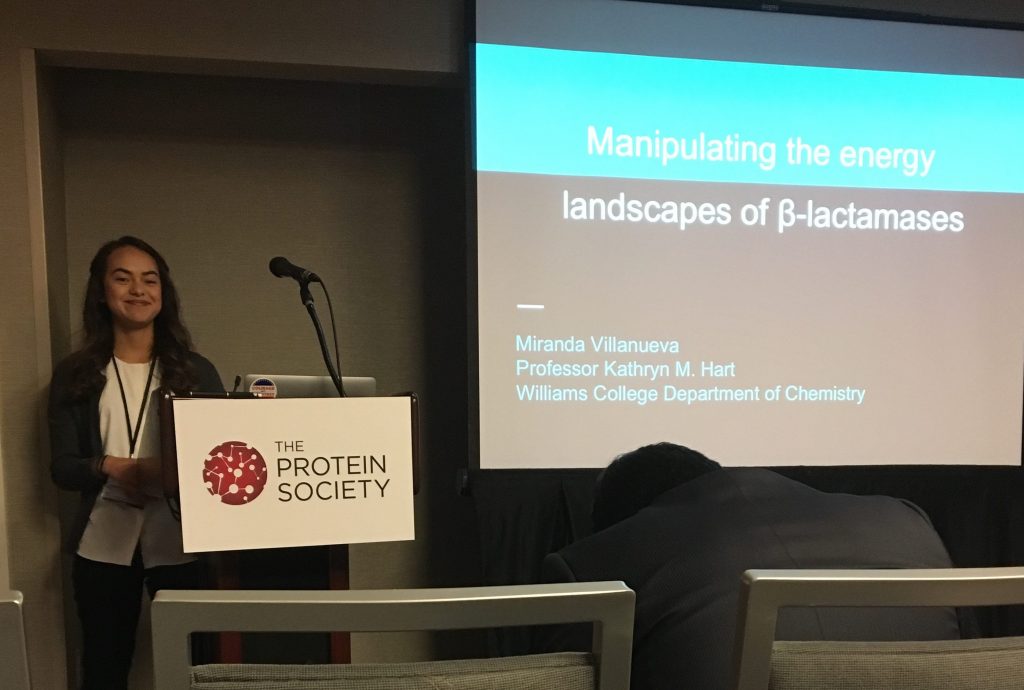 Miranda gave a great talk about her thesis research!
Miranda gave a great talk about her thesis research! Cynthia won the coveted poster award for her presentation (which included a cash prize!)
Cynthia won the coveted poster award for her presentation (which included a cash prize!)